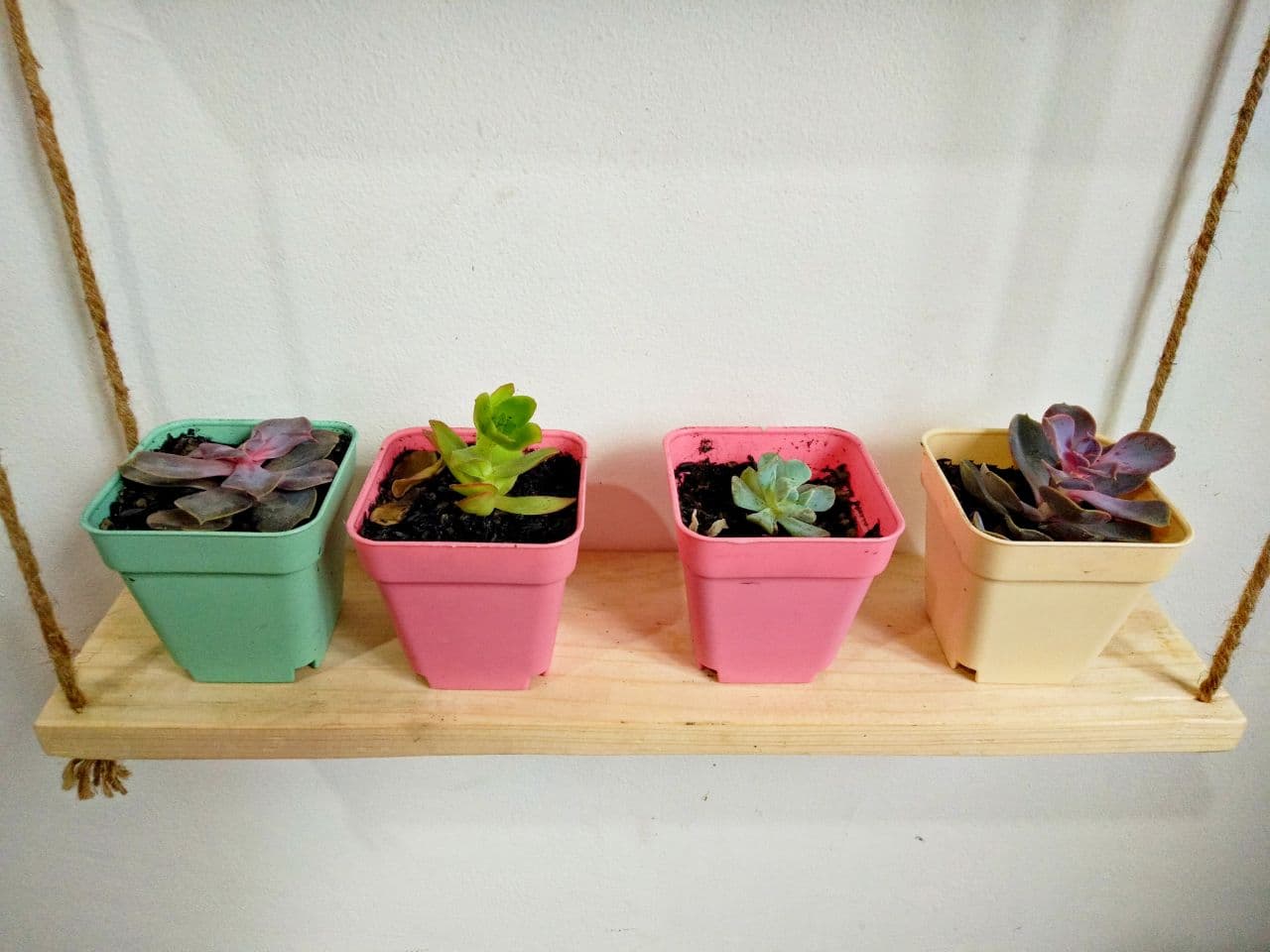“So, who wants to volunteer to work from the office?” my manager asked. Out of 20 employees (we are a small organization), 5 people said yes. And no, I’m not on one of them. “We’re going to start working from office voluntarily in November,” she added. “And mandatorily in January.”
Realizing this, I still can’t fully grasp that things are going to change again. Is that it? 2 years have passed since the pandemic? It feels like yesterday. After all this time, what have I done? Well…of course, many things, but, it feels like time has flown by.
Anyway, I voiced my resistance to working from the office to the management. And I’m quite relieved that I’m not alone in this. “You know, my friend’s office is going to have hybrid work,” I suggested. “Three days of working from the office, and two days working from home.” After further consideration, thankfully my manager agreed on this.
But, do you realize that 2022 is only 2 months away? I remembered that last year, in this exact month, I wish to buy cacti or succulent. Back then, suddenly everyone wanted to have a houseplant, and I didn’t want to miss the bandwagon (and the cacti are cute anyway). That time, I thought, oh, 2021 is going to come! Maybe I’ll be working from the office again next year. So, I need to buy cacti before 2020 ends! But then, what happened? Turns out the lockdown still continued in 2021. Somehow, I forget about the cacti. For almost a year… Then I remembered this again! I wonder why I didn’t just buy some houseplants back then…
So, I decided that I really have to buy it now. Time is ticking. I have to buy houseplants before working from the office starts. It’s now or never! Then, without hesitation, I just bought some succulents, online. Turns out, it’s not that hard. One wishlist crossed out, after almost a year!
 hopefully, this will last long 😁
hopefully, this will last long 😁But this makes me wonder. Why do we just realize that time is ticking, when the end of time is already near?
While the pandemic has given most of us much time at home, we still feel that we don’t have enough time. We still think that we need more time, even when we are not commuting, much like before the pandemic. We’re so busy, we say.
So, the pandemic might not be the case here. In Make Time, Jake Knapp said that two forces are competing for our times; The Busy Bandwagon and The Infinity Pool.
“The Busy Bandwagon is our culture of constant busyness—the overflowing inboxes, stuffed calendars, and endless to-do lists. According to the Busy Bandwagon mindset, if you want to meet the demands of the modern workplace and function in modern society, you must fill every minute with productivity. After all, everyone else is busy. If you slow down, you’ll fall behind and never catch up.
Infinity Pools are apps and other sources of endlessly replenishing content. If you can pull to refresh, it’s an Infinity Pool. If it streams, it’s an Infinity Pool. This always available, always-new entertainment is your reward for the exhaustion of constant busyness.”
If you think that you don’t have much time, maybe you’re trapped with these two forces. But, eventually, these two forces are not something we can’t escape since we live together with it. We need to work (to be busy) and also access information from the news app. However, doesn’t mean we can only be trapped from it forever. We can be aware of it and learn to take back control of our time. One of the ways is to practice mindfulness. The other thing we can do is to increase our perception of time.
Increasing our time perception might sound abstract, but in practice, it’s so easy to do. In her book, Do Nothing, Celeste Headlee said that we can do something as simple as tracking our time hour by hour to increase our perception of time. Tracking it with a digital calendar or physical journal of your choice will work. One thing to be sure of is, to be honest with the journal; if you spend 2 hours watching Youtube, then, write it out. Sleeping until 8 am, note it down. Meditate, hmm… When? If we visualize our daily activity in a journal, somehow we can notice when the ‘dead’ time is and when we use our time wisely.
After a week, you might notice your pattern and be quite surprised by it. How long have you spent your time wisely? On the other hand, how long is the ‘dead’ time gone? When we realize our habitual patterns in a journal, it’s easier for us to make changes. Once you adjust, you might no longer need to track your time again.
Note that we don’t need to replace that ‘dead’ time with ‘busy’ activity. We don’t need to be busy all the time. Because doesn’t mean if we’re busy then we’re productive. After all, productivity doesn’t correlate with time. When we can be productive in the shortest time possible, that means we are efficient. Efficiently productive!
Then, what to do in our so-called ‘dead’ time? That’s quite simple. Just do things that make you happy! Have a hobby, take care of your houseplants, hang out with friends, read a book, read stories on os.me; the list is endless! Most importantly, be aware of the things that you do. Because it’s not only doing what we want but also what makes you happy. Like, you might want to binge-watch, but you might not feel happy afterward. If that’s the case, then that’s something we need to avoid. When we are mindful, we can change our ‘dead’ time to ‘happy’ time wisely.
2021 might end soon, but we still have time. Maybe it’s time to revisit your yearly resolution, to reflect on your life, or to do the things that you’ve wished for. When we are mindful of our time, we will have more of it. We might have more time than we realize.









Comments & Discussion
25 COMMENTS
Please login to read members' comments and participate in the discussion.